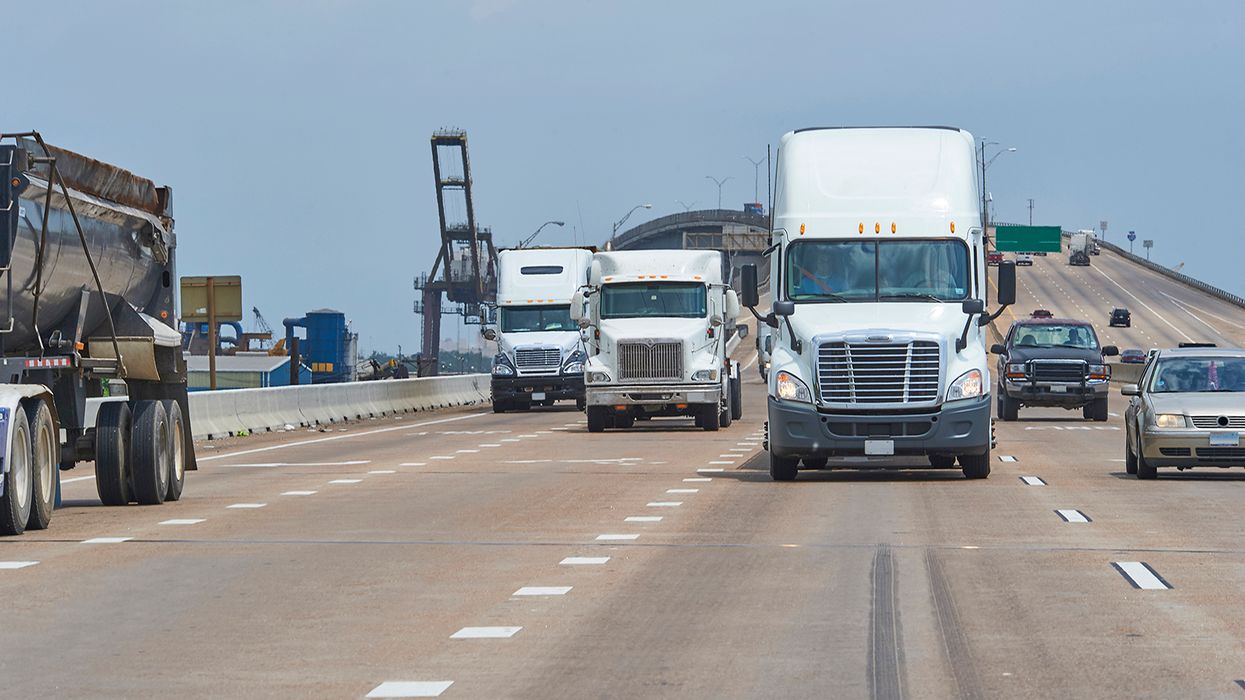Unscrupulous freight brokers target of new insurance rules
Brokers who refuse to pay motor carriers for services rendered will have their operating authority suspended under new rules from the Federal Motor Carrier Safety Administration (FMCSA).
The new rules, going into effect on January 16, 2024, set new financial responsibility requirements for brokers and freight forwarders.
The agency says the intent of the rules is to “alleviate the effects of broker or trustee non-payment of claims.” Brokers who fail or refuse to pay carriers for legitimate services rendered will not only have their operating authority suspended but will be unable to continue accruing claims over time.
You’ll have better information
In addition, motor carriers will have more information to avoid contracting with unscrupulous brokers. Carriers may also receive payment for work completed in a more timely manner, without use of legal proceedings, the FMCSA says.
The final rule, which amends 49 CFR Parts 386 and 387, will:
- Limit the asset types that can be maintained in broker or freight forwarder trusts to:
- Cash,
- Irrevocable letters of credit issued by a federally insured depository institution, and
- Treasury bonds.
- Set procedures for the immediate suspension of broker and freight forwarder operating authority registration if the available financial security falls below $75,000. This will help prevent those brokers and freight forwarders from accruing additional claims over time.
- Clarify when a broker or freight forwarder is in financial failure or insolvency.
- Add civil penalties for surety and trust-fund violations and establish a process for the suspension of sureties and trusts in the event of non-compliance.
It’s a costly process
When a broker fails to pay a motor carrier today, the carrier can submit a claim to the financial-responsibility provider. If that provider has received claims against an individual broker that exceed $75,000, the provider will often submit the claims to a court to decide how to allocate the broker bond or trust fund. This legal process can be costly and time-consuming for motor carriers, and generally results in the motor carrier receiving less than it was owed.
How many brokers fail to pay motor carriers? The FMCSA says its “best estimate” is that approximately 1.3 percent of brokers (amounting to about 429 in 2022) will experience a drawdown on their surety bond or trust fund within a given year, with average claim amounts of approximately $1,900 per claim.
Of these brokers, 18 percent may receive total claims over $75,000, potentially leading to those costly legal proceedings.
Two compliance dates
The new rules include two compliance deadlines for brokers, surety providers, and financial institutions:
- January 16, 2025: For provision regarding immediate suspension, financial failure or insolvency, and enforcement authority.
- January 16, 2026: For provision regarding assets readily available and entities eligible to provide trust funds for Form BMC–85 trust fund filings.
Key to remember: Brokers who fail to pay motor carriers for services rendered are the target of new financial-responsibility rules phasing in over the next two years.






















































